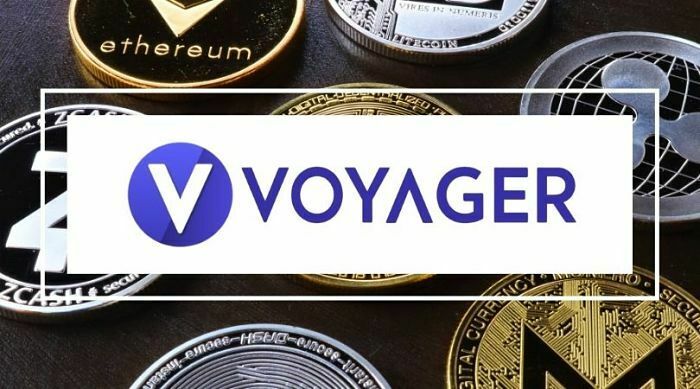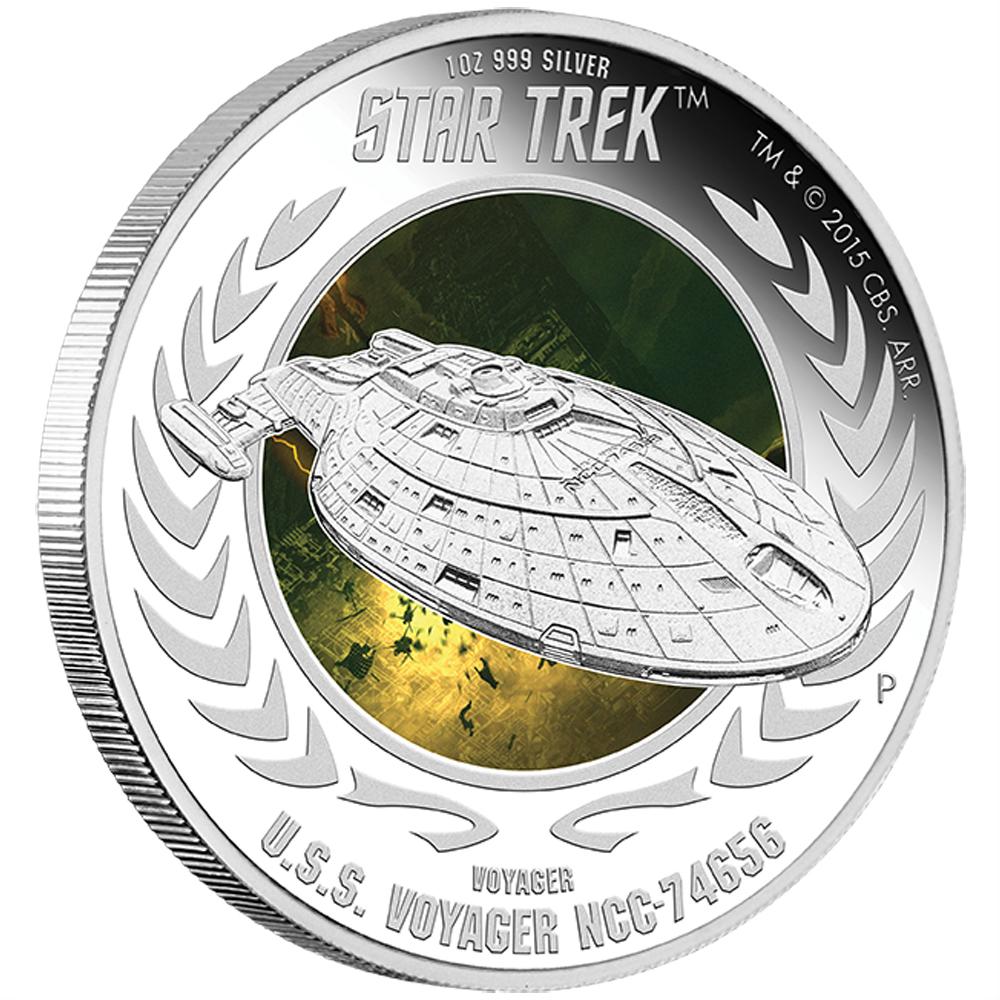Market Performance
Voyager Coin has experienced significant price fluctuations since its inception. Initially, the coin gained traction and reached its all-time high in early 2023. However, market conditions and external factors have since impacted its price, leading to periods of both growth and decline.
Factors Influencing Price Fluctuations
- Market Sentiment: Overall market sentiment and investor confidence can significantly influence the price of Voyager Coin.
- Adoption and Use Cases: The adoption and practical applications of Voyager Coin can impact its demand and value.
- Regulatory Landscape: Changes in regulations and policies can affect the cryptocurrency market and the price of Voyager Coin.
- Competition: The emergence of competing cryptocurrencies can create competition and influence the market share and price of Voyager Coin.
Market Capitalization and Trading Volume
Voyager Coin's market capitalization represents the total value of all coins in circulation. It provides an indication of the coin's overall market size and value. Trading volume refers to the amount of Voyager Coin being bought and sold within a specific period, reflecting the liquidity and activity in the market.
You also will receive the benefits of visiting cryptocurrency companies today.
Technology and Development: Voyager Coin

Voyager Coin leverages blockchain technology to provide a secure and transparent platform for transactions. At its core lies a robust consensus mechanism that ensures the integrity and security of the network.
Examine how binance leaderboard can boost performance in your area.
Consensus Mechanism and Security Features
Voyager Coin employs a Proof-of-Stake (PoS) consensus mechanism. In PoS, validators are chosen based on the amount of coins they hold, incentivizing them to maintain the network's integrity. This approach reduces energy consumption compared to Proof-of-Work (PoW) mechanisms while maintaining a high level of security.
Get the entire information you require about aion crypto on this page.
- Enhanced Security: The PoS mechanism discourages malicious behavior by requiring validators to stake their own coins. This creates a financial disincentive for attacks, as validators risk losing their stake if they engage in malicious activities.
- Scalability: PoS is known for its scalability, allowing the network to process a high volume of transactions efficiently. This ensures that Voyager Coin can handle increasing demand without compromising performance.
Development Team and Roadmap
The Voyager Coin development team consists of experienced blockchain engineers and industry experts. They are committed to continuous innovation and have a clear roadmap for future updates.
- Ongoing Enhancements: The team regularly releases updates to improve the platform's performance, security, and user experience.
- Future Innovations: The roadmap includes plans for implementing advanced features such as smart contracts, decentralized applications (dApps), and cross-chain interoperability.
Use Cases and Applications
Voyager Coin finds diverse applications across various industries, notably in decentralized finance (DeFi), payments, and beyond.
In the realm of DeFi, Voyager Coin serves as a medium of exchange and a unit of account on decentralized platforms. It enables users to participate in liquidity pools, yield farming, and other DeFi protocols, unlocking opportunities for earning passive income and contributing to the growth of the DeFi ecosystem.
Payments
Voyager Coin facilitates seamless and secure payments both online and offline. Its fast transaction speeds and low fees make it an attractive option for merchants and consumers alike. By integrating Voyager Coin into their payment systems, businesses can expand their customer base and offer a convenient and cost-effective payment method.
Other Industries
Voyager Coin's versatility extends beyond DeFi and payments. It has gained traction in other industries as well, such as:
- Supply Chain Management: Tracking goods and ensuring transparency throughout the supply chain.
- Healthcare: Facilitating secure and efficient exchange of medical records and data.
- Gaming: Creating in-game economies and enabling players to purchase virtual goods and services.
Community and Ecosystem
 Voyager Coin boasts a vibrant and active community that plays a crucial role in its growth and development. Enthusiasts, developers, and investors from around the world have joined forces to foster a collaborative and supportive environment.
Voyager Coin boasts a vibrant and active community that plays a crucial role in its growth and development. Enthusiasts, developers, and investors from around the world have joined forces to foster a collaborative and supportive environment. Active Forums and Social Media Platforms
The Voyager Coin community maintains active forums on its website and on platforms like Reddit, where members engage in discussions, share updates, and seek support. Additionally, the team regularly interacts with the community on social media channels like Twitter, Telegram, and Discord, providing real-time updates, answering questions, and fostering a sense of belonging.Development Communities
Voyager Coin's open-source nature has attracted a dedicated developer community. Developers actively contribute to the project's codebase, propose new features, and collaborate on enhancements. The team provides regular support and guidance to the developer community, ensuring the ongoing evolution and improvement of the platform.Partnerships and Collaborations
Voyager Coin has established strategic partnerships with various organizations and projects to expand its reach and enhance its offerings. These collaborations include integrations with payment gateways, exchanges, and other blockchain platforms, fostering a wider ecosystem for Voyager Coin's adoption and utilization.Ecosystem Growth Initiatives
The Voyager Coin team is actively involved in initiatives aimed at promoting ecosystem growth. These initiatives include community events, hackathons, and educational programs designed to raise awareness about Voyager Coin, attract new users, and support the development of innovative applications and services.Comparisons and Competitors

Voyager Coin exists in a competitive market of cryptocurrencies, each with unique technological approaches, use cases, and market positions. Understanding these differences is crucial for informed investment decisions.
Key competitors of Voyager Coin include:
- Bitcoin (BTC)
- Ethereum (ETH)
- Ripple (XRP)
- Stellar (XLM)
Technology, Voyager coin
In terms of technology, Voyager Coin utilizes a Proof-of-Work (PoW) consensus mechanism, similar to Bitcoin. However, it employs a unique algorithm that claims to enhance transaction speed and efficiency. In contrast, Ethereum uses a Proof-of-Stake (PoS) mechanism, while Ripple and Stellar rely on a consensus protocol known as the Ripple Protocol Consensus Algorithm (RPCA) and the Stellar Consensus Protocol (SCP), respectively.
Use Cases
Voyager Coin primarily targets the cross-border payment market, aiming to facilitate fast and low-cost international transactions. Bitcoin, on the other hand, is primarily used as a store of value and a medium of exchange. Ethereum is a platform for smart contracts and decentralized applications, while Ripple focuses on providing liquidity and settlement solutions for financial institutions.
Market Positioning
Voyager Coin positions itself as a practical solution for cross-border payments, emphasizing its speed, low fees, and ease of use. Bitcoin, with its established market dominance and reputation as a digital gold, targets a broader audience. Ethereum appeals to developers and users interested in decentralized applications and smart contracts. Ripple is primarily focused on the enterprise market, providing solutions for banks and financial institutions.
Comparative Features
The following table summarizes the comparative features and advantages of Voyager Coin and its competitors:
| Feature | Voyager Coin | Bitcoin | Ethereum | Ripple | Stellar |
|---|---|---|---|---|---|
| Consensus Mechanism | PoW | PoW | PoS | RPCA | SCP |
| Transaction Speed | Fast | Slow | Moderate | Very fast | Fast |
| Transaction Fees | Low | High | Variable | Very low | Very low |
| Primary Use Case | Cross-border payments | Store of value, medium of exchange | Smart contracts, decentralized applications | Liquidity, settlement solutions | Cross-border payments, asset issuance |
| Market Positioning | Cross-border payment solution | Digital gold, medium of exchange | Platform for decentralized applications | Enterprise financial solutions | Cross-border payments, asset issuance |
Future Prospects
Voyager Coin has a promising future with numerous growth opportunities. The increasing demand for decentralized financial services, cross-border payments, and asset tokenization bodes well for its long-term prospects.
As the global regulatory landscape evolves, Voyager Coin is well-positioned to capitalize on the growing acceptance and adoption of cryptocurrencies. Its compliance with regulatory frameworks and partnerships with established financial institutions will be key drivers of its success.
Technological Advancements
Voyager Coin is committed to ongoing technological advancements and innovation. The team is actively working on:
- Enhancements to the Voyager Platform: Improving the user experience, security, and scalability of the platform to support growing adoption.
- Cross-Chain Interoperability: Integrating with other blockchains to enable seamless asset transfer and smart contract execution.
- Artificial Intelligence and Machine Learning: Utilizing AI and ML to enhance risk management, fraud detection, and personalized financial services.
Investment Potential
Voyager Coin's long-term investment potential is driven by several factors:
- Growing Adoption: The increasing demand for decentralized financial services and cross-border payments is expected to drive the adoption of Voyager Coin.
- Regulatory Compliance: Voyager Coin's compliance with regulatory frameworks and partnerships with established financial institutions enhance its credibility and investment appeal.
- Technological Advancements: Ongoing technological advancements and innovation will strengthen Voyager Coin's competitive position and drive its value.
